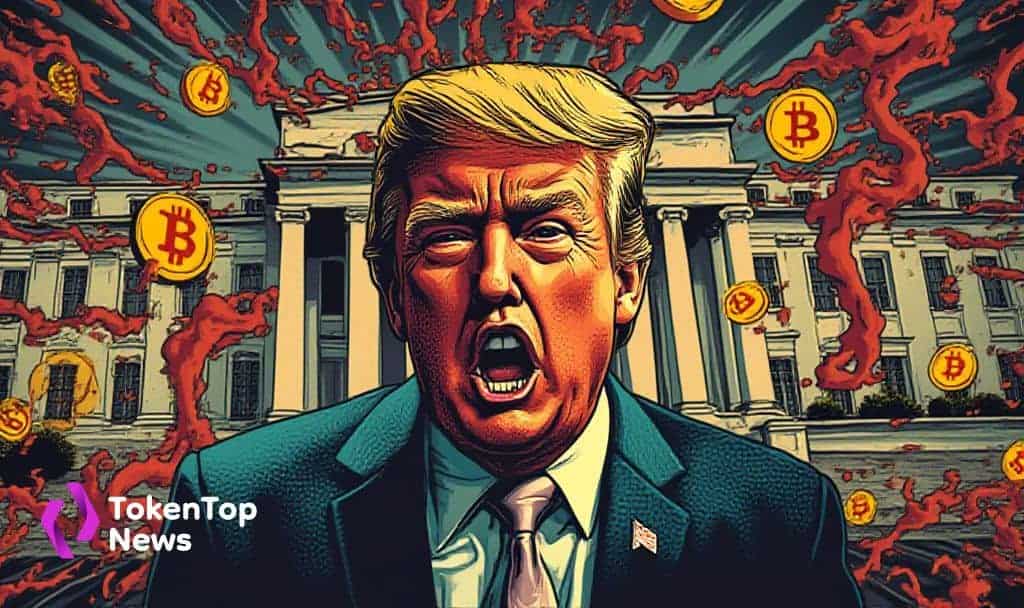U.S. Establishes Strategic Bitcoin Reserve Led by Trump
Key Takeaways:
- The U.S. forms a Bitcoin reserve, impacting markets under Trump.
- Government uses seized BTC without taxpayer cost.
- Potential implications for federal market strategies and cryptocurrencies.

President Donald Trump established the Strategic Bitcoin Reserve on March 6, 2025, marking a significant shift in U.S. asset management strategy.
The reserve positions bitcoin as a sovereign asset, potentially affecting market dynamics and prompting policy discussions.
The United States has established a Strategic Bitcoin Reserve in March 2025. President Donald Trump signed an executive order to officially manage bitcoin as a sovereign asset without extra taxpayer costs, leveraging seized digital assets. Key figures include Donald Trump, initiating the order, with strategy execution by U.S. Treasury and other departments. Alex Thorn from Galaxy Digital anticipates the market underestimates this strategic move’s implications.“I still think there’s a strong chance the US government will announce this year that it has formed the strategic Bitcoin reserve (SBR) and is formally holding BTC as a strategic asset. Market seems to be completely underpricing the likelihood of such an announcement.” — Alex Thorn, Head of Research, Galaxy DigitalImmediate market reactions saw crypto prices rise as Bitcoin was recognized as a reserve asset. The move marks the U.S. as a significant BTC holder, influencing asset valuation and market perceptions. This development suggests significant financial and political shifts, though it avoids new taxpayer expenses. It reflects increasing government interest in digital assets (Strengthening Digital Financial Technology Leadership in America), posing questions on strategic benefits and regulation. Financial strategies involve only using already seized and forfeited BTC, minimizing taxpayer impact, and potentially modifying governmental BTC auction practices. Future outcomes could include enhanced regulatory measures and increased state-level bitcoin initiatives. Historical trends suggest a growing integration of digital assets into national reserves, highlighting the evolving crypto landscape.




